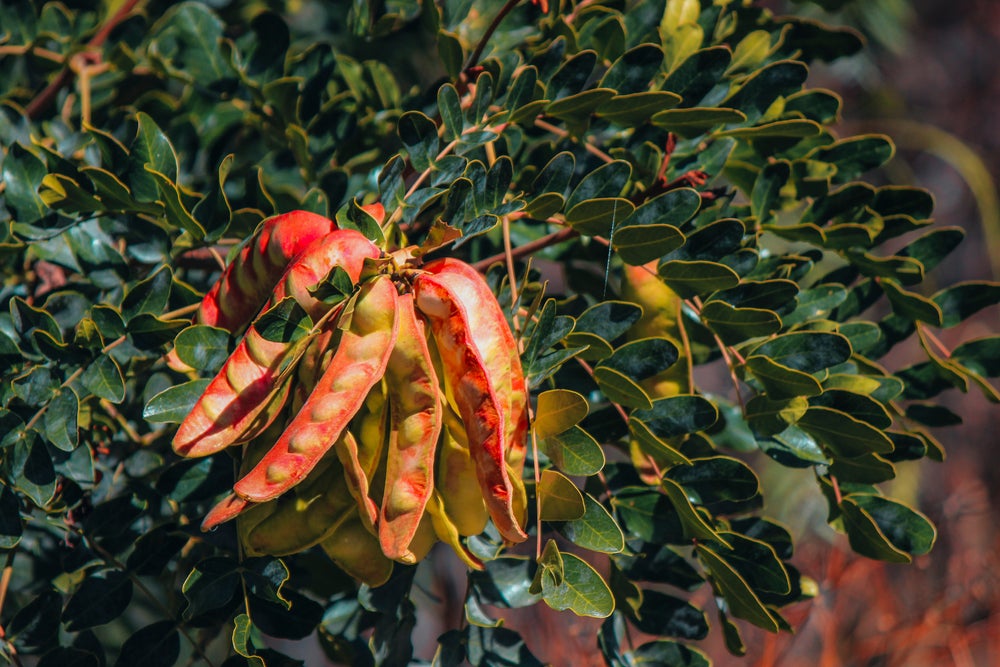
Research from Chung-Ang University in Korea has found that tara gum derived from the seeds of the tara tree (also known as Caesalpinia spinosa or spiny holdback) stands out as a promising solution for sustainable biopolymer packaging.
The natural water-soluble substance taken from the tree native to Peru contains polysaccharides (complex carbohydrates). This includes the widely used galactomannan, employed in coatings, edible films and as a stabiliser and thickener.
Its uses in food packaging and protection include biopolymer packaging, monitoring seafood and milk spoilage, acting as a gelation agent, providing short-term protection of food from oxidation and safeguarding fatty foods.
The research by Chung-Ang University details methods for the extraction, isolation and characterisation of tara gum polysaccharides, the toxicology and rheological (deformation) behaviour of tara gum, and the gum’s behaviour in the presence of other polysaccharides.
As research lead Professor Sangkil Lee explained: “The physicochemical property of tara gum and its products can be enhanced using various kinds of monomers, crosslinkers or other polysaccharides.
“Furthermore, the improvement of antibacterial properties might be achieved through the incorporation of chitosan or other natural polymers, as well as inorganic materials such as copper and zinc nanoparticles.”

US Tariffs are shifting - will you react or anticipate?
Don’t let policy changes catch you off guard. Stay proactive with real-time data and expert analysis.
By GlobalDataOther examples of materials derived from trees that have been used in sustainable packaging development are bags using a substrate procured from eucalyptus trees, and plant-based antimicrobials for food packaging.
Such developments are part of a global quest to find biodegradable and sustainable alternatives to synthetic polluting plastics.



